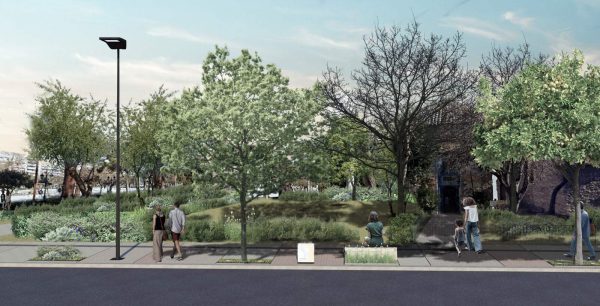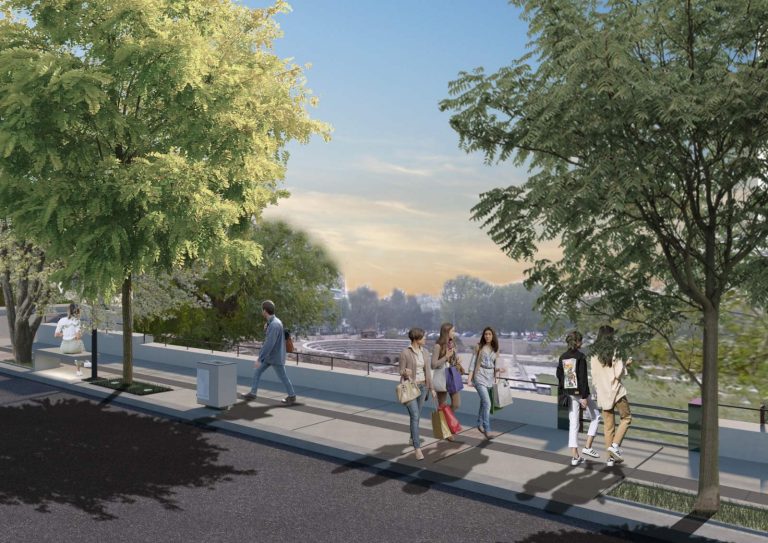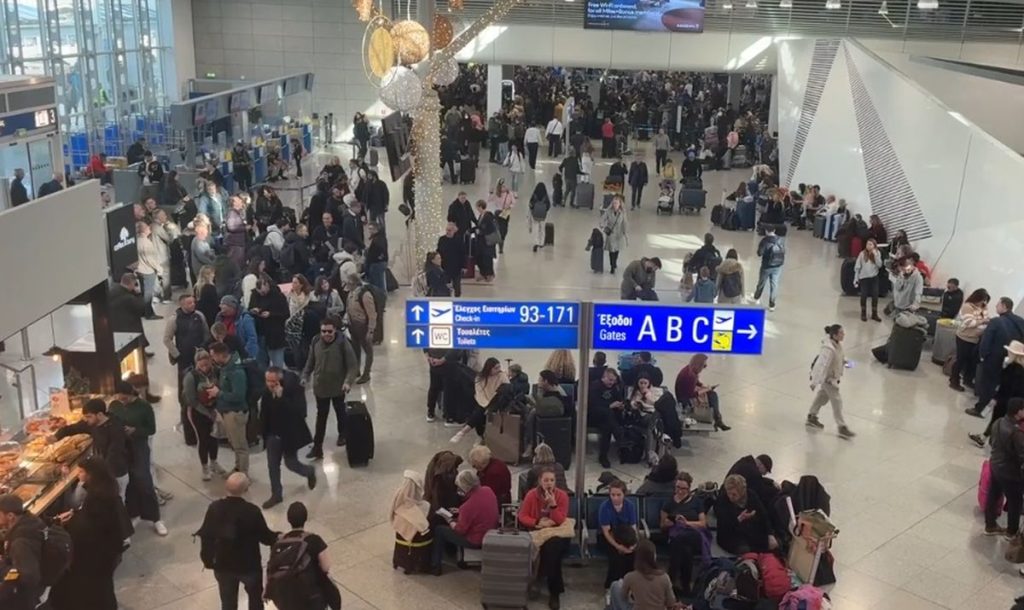Ten commercial streets in all the boroughs of Thessaloniki are getting a veritable makeover through a comprehensive program for their economic and urban revitalization, according to a relevant announcement.
This major development project, which incorporates policies for sustainable urban development and urban resilience, bioclimatic elements and smart applications, is to be financed to the tune of approximately 29.7 million euros from the Recovery Funds, as it is part of the program ” Interventions aimed at improving the public space” of the Ministry of Environment and Energy.
Mayor Konstantinos Zervas, hailed the efforts of his municipal administration in securing the funding and preparing plans within a short period of time. Through the project, he noted, Thessaloniki will reverse the image of abandonment, strengthening the local economy, and contributing to the creation of new jobs. A he stressed: “Thessaloniki is changing day by day. This vision is becoming a reality.”

Ten commercial streets
As explained by the technical adviser of the Mayor of Thessaloniki, Dimitris Mitrou, the Municipality’s planning concerns targeted interventions in ten commercial streets, which were selected after cooperation with the local municipal communities – through relevant decisions of their councils – and after a technical check by the competent technical service of the Municipality of Thessaloniki.
In particular, the interventions are aimed at the following streets: Egnatia, Olympou, Koloniari, Panagia Faneromeni, Klathmonos, Papafi, 25 Martiou, Markos Botsaris, Venizelou (Triandria), Eleftherias (Triandria).
Urban greenery
Within the framework of planned projects urban greenery will be augmented, garbage bins will be underground, the accessibility of people with disabilities will be improved, the sidewalks will be reconstructed and lighting will be upgraded with low energy consumption bulbs.
The design of the Municipality of Thessaloniki also includes smart systems and applications, such as the creation of seating areas where electronic devices can be charged with the help of photovoltaic panels, the installation of a parking prevention system on disabled access ramps, the installation of a centrally controlled irrigation water management system and the placement of smart pedestrian crossings.
Maps will be placed in the commercial zones to facilitate their visitors, while a series of interventions are planned to improve the microclimate in the areas under reconstruction.




